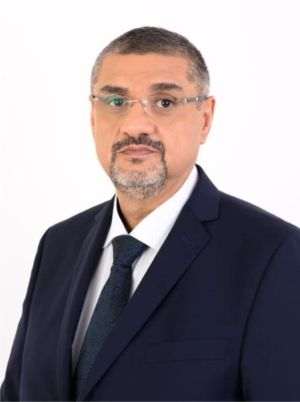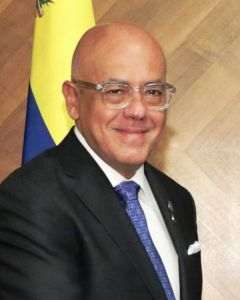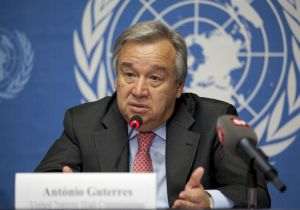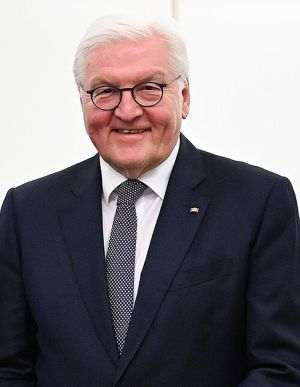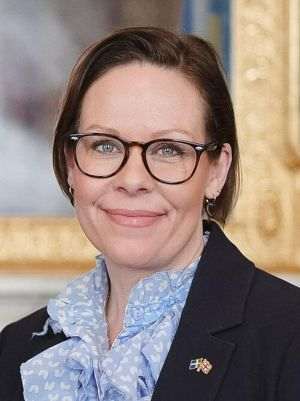The Academy of Economic Studies in Bucharest begins the academic year 2024-2025 with a number of over 10,500 freshmen in the undergraduate, master's and doctoral university programs. ASE opens the new academic year on Monday with a celebration held in the Great Hall, which will be followed by similar events at the level of each faculty. According to ASE, the management of the academy will hand out diplomas of merit to the freshmen students who entered its faculties with the highest averages and to the directors of pre-university educational institutions with outstanding results in the training of graduates who will become ASE students in 2024: "ASE represents a strong community of over 25,000 members and 350,000 graduates, who constantly enjoy the interest of candidates for its undergraduate, master's, doctorate, and other forms of professional training." In the context of the opening of the academic year, there is also the ceremony of conferring the honorary title of Doctor Honoris Causa of ASE to professor Jean Tirole, laureate of the Nobel Prize for Economic Sciences (2014). ASE will mark the opening of a new academic year with the inauguration on Tuesday of its newest and most modern building, located near the ASE Palace, at Piaţa Romană number 7. It will house the headquarters of the Council for Doctoral University Studies (CSUD), the offices of the Doctoral Schools , conference rooms, research laboratories, dean's offices and secretariats, spaces for scientific activities. "We start the academic year 2024-2025 with joy and confidence in the potential of our academic community to perform in the spirit of tradition and assumed values, which define the first economic, business and public administration university in Romania in our noble mission to harmoniously shape and more demanding professional standards, the future of the more than 23,000 students of the Academy of Economic Studies in Bucharest", declared ASE rector, Nicolae Istudor.
• Doctorate, with and without frequency
On the other hand, doctoral university study programs can be organized both in full-time and part-time education, according to an emergency ordinance adopted by the Government. According to the Ministry of Education: "Additionally, in the context of the start of the academic year 2024 - 2025, it was also desired to clarify the aspects related to the form of organization of scientific / professional doctorate university studies, including the aspects aimed at the categories of doctoral students who benefit from scholarships in within the doctoral studies. According to the new regulations, the scientific doctorate aims to produce original, internationally relevant scientific knowledge, based on scientific methods, and can be organized as a full-time or part-time education".
It was also established that the professional doctorate, in all fields, including dual university education, can be organized as full-time or part-time education. At the same time, nuances were introduced regarding the access to the teaching and research career: both the scientific doctorate and the professional doctorate are the basis for the professional career in higher education and research. The ordinance regulates the fact that grants related to doctoral university studies include the amount of individual scholarships for the scientific / professional doctorate organized in the form of full-time education and do not include the amount of individual scholarships for the scientific / professional doctorate organized in the form of reduced-frequency education.






